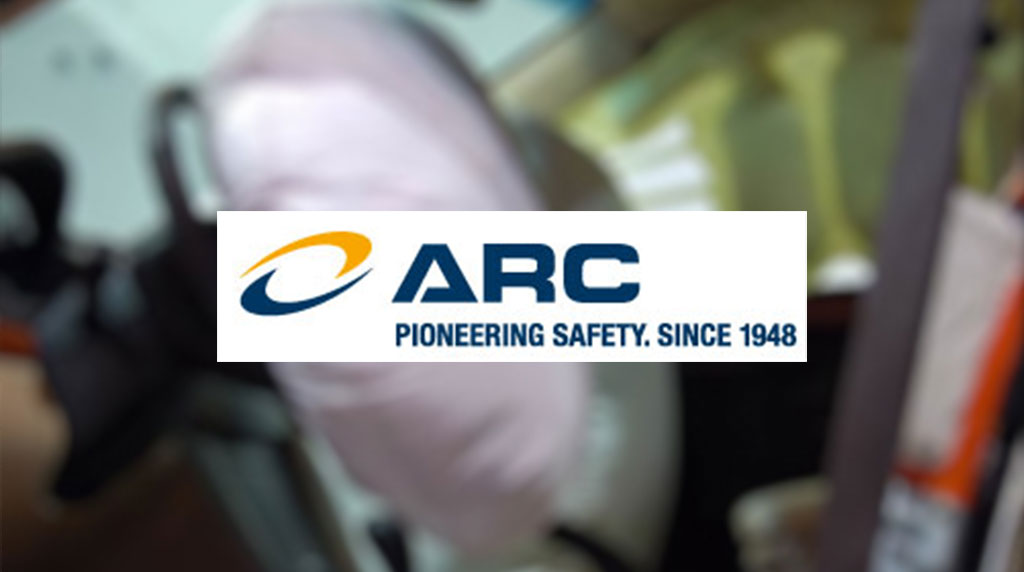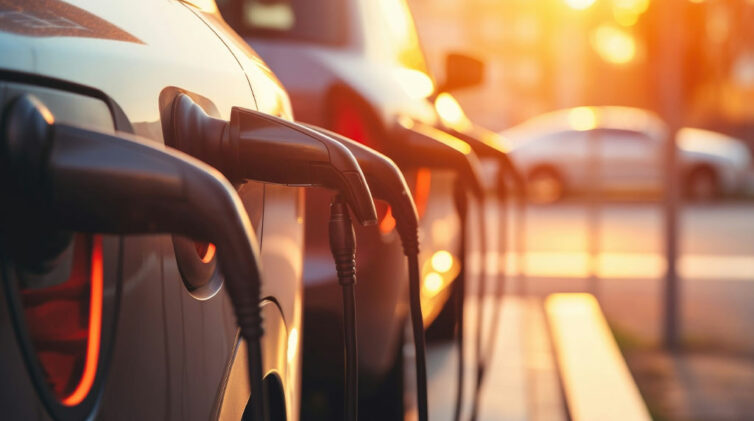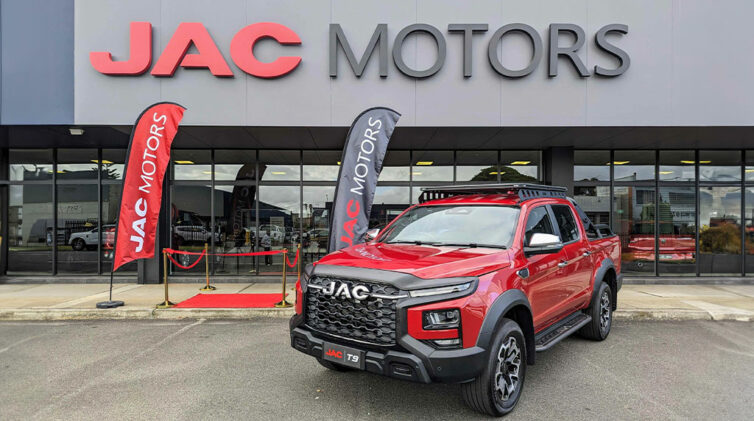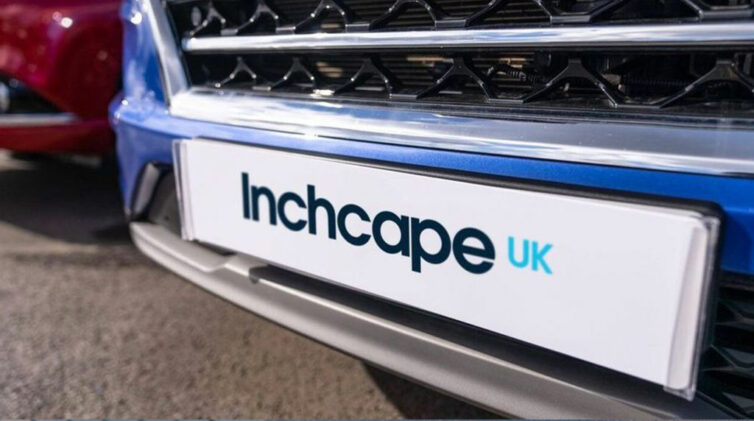The US National Highway Traffic Safety Administration (NHTSA) said in a letter to ARC Automotive that it is calling for “an immediate recall of 67 million airbag inflators due to a dangerous defect.”
“But the automotive supplier that made the component is disputing the need for it to conduct any sort of broad recall at all,” the administration said in a public letter following its contact with ARC.
General Motors promptly ignored the ARC stonewall and announced it would recall nearly 1 million cars in the US because the airbag inflator “may explode during deployment, due to a manufacturing defect.”
The NHTSA has listed at least nine incidents of airbags manufactured by Knoxville-based ARC Automotive rupturing, leading to significant injuries or even death, beginning in 2009.
Seven of the nine incidents, including one death, occurred in the US. There were seven cases between 2009 and 2023 in the US, one in Canada (2009 Hyundai) in 2016 and one in Turkey (2015 VW Golf) in 2017.
“The 67 million airbag inflators that NHTSA wants recalled were all produced in the 18-year period before January 2018, when ARC installed equipment to help inspect inflators, according to the company,” the NHTSA said.
It said millions of vehicles with airbags from Takata, the now-bankrupt Japanese manufacturer, are already under recall and the NHTSA said similar conditions that have triggered injurious or fatal explosions following vehicle accidents – prolonged exposure to high heat and humidity – caused those airbags to explode when deployed.
“In comparison to ARC, the Takata airbags caused at least 18 deaths and left more than 400 drivers with injuries that included blinding and maiming. It’s also the largest auto recall in history,” the NHTSA said.
The airbag inflators are used by at least 12 vehicle manufacturers, but NHTSA did not specify which ones.
In its public notice, it listed four vehicles that were (or are) on the Australian market and the ARC inflators could have been fitted to vehicles now in use in Australia.
The vehicles are the 2015 GMC Acadia (imported as the Holden Acadia); 2017 Ford Mustang; 2017 Ford F-150; and 2017 BMW X5.
There were 650 examples of the 2017 Mustang and F-150 fingered by the NHTSA. Ford Australia said it stopped importing the F-150 in 2008 although there may have been private imports or those imported by conversion companies. GoAutoNews Premium contacted Performax International but did not receive a reply.
At time of writing this report, Ford Australia was checking on the airbag situation with any 2017 Mustangs that may have been imported into Australia.
GoAutoNews Premium also contacted BMW Australia which said the issue was being monitored but it has no data showing Australian-bound X5s were involved in the proposed recall. The X5 is made in Spartanburg, South Carolina for markets including Australia.
The Acadia was not imported into Australia until late 2017.
The NHTSA said that in 2021, a driver in a 2015 Chevrolet Traverse died after the airbag inflator ruptured in Michigan. And outside of the US, a driver in Canada was also killed by a ruptured airbag inflator in a 2009 Hyundai Elantra.
But ARC disagrees on the need for a recall. ARC vice president for product integrity Steve Gold said in a letter last week that the company “strongly disagrees” with the agency’s tentative conclusion that a recall for 67 million airbags is necessary.
The letter criticised NHTSA, saying that the agency’s request for a recall was “not based upon any objective technical or engineering conclusion regarding the existence of a defect” and that the “failures were anything other than occasional or isolated.”
To support the company’s claims, Mr Gold cited nearly eight years of cooperation with NHTSA on an investigation into ruptured airbag inflators, including tests on 918 inflators pulled out of cars from salvage yards and sent to the company’s labs for testing.
“None of the 918 inflators ruptured in the tests,” Mr Gold wrote in response to NHTSA’s request for a recall.
“Accordingly, the test program demonstrated with 99 per cent reliability and 99 per cent confidence that the inflators in the subject population would deploy without rupturing.”
At least one of the ruptures cited by NHTSA was simply the result of an “isolated manufacturing anomaly,” Mr Gold wrote, and thus a broader recall was unnecessary.
Mr Gold said that the Canadian incident with a Hyundai Elantra involved a component that was not used in the US market.
Mr Gold wrote in the letter: “NHTSA’s authority to require certain manufacturers to conduct safety recalls does not extend to manufacturers of original equipment, such as ARC.”
Mr Gold went on to write that the company could “understand” that “GM’s action is being taken out of an abundance of caution to address potential concerns about the inflators,” given that three of the incidents involved the Chevy Traverse, specifically.
Despite ARC’s protests, NHTSA still wrote that it believes the number of incidents have risen to a level where a broad recall is necessary. To support its arguments, it cited seven incidents. One incident was fatal, another resulted in “severe” injuries, and several others resulted in injuries to the face.
By Neil Dowling













 Read More: Related articles
Read More: Related articles

